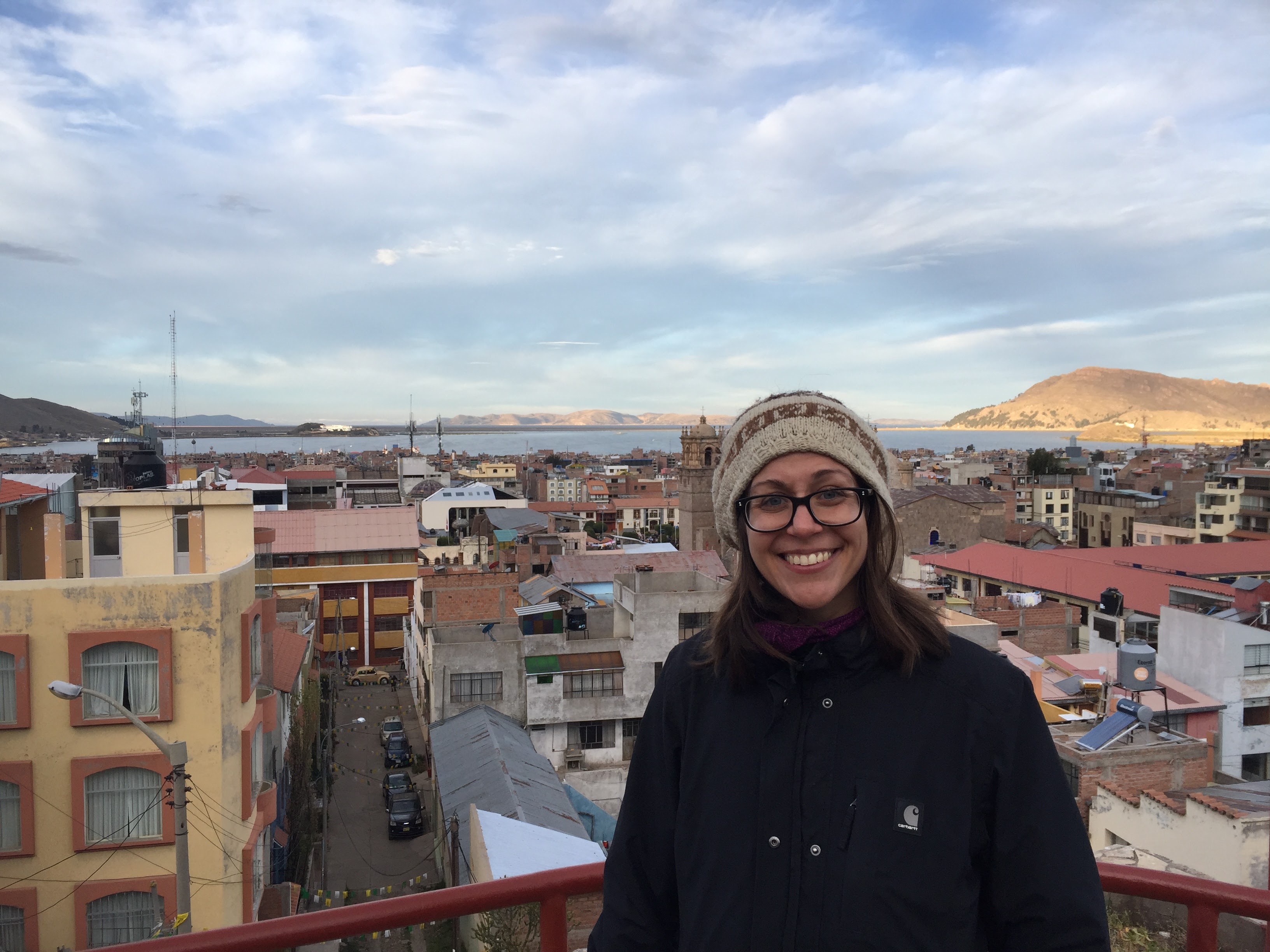Dr. Kristin Skrabut will be joining the UEP faculty as an Assistant Professor this fall, applying her expertise in cultural anthropology to the fields of policy and planning. Her first course, Revisioning Cities: Ethnography for Urban Policy and Planning will be offered this fall on Thursday evenings. Learn all about Dr. Skrabut below!
 Tell us a little about yourself, your background, and why you’re excited to bring an anthropology/ethnography perspective to UEP.
Tell us a little about yourself, your background, and why you’re excited to bring an anthropology/ethnography perspective to UEP.
I was born and raised just outside of Washington D.C. and did my undergraduate work at New York University. It was there that I fell in love with anthropology and learned to apply an anthropological perspective grounded in cultural relativism and social justice to public policy work while serving as a research assistant for the NYC Mayor’s Office of Immigrant Affairs and the Vera Institute of Justice.
I completed my Ph.D. in Sociocultural Anthropology at Brown, where I specialized in political and legal anthropology, Latin American studies, urban anthropology, and interdisciplinary population studies. I came away from that program with an unwavering commitment to ethnographic fieldwork and an ability to speak across social science disciplines, both of which have been invaluable to me as a researcher and advisor for students doing problem-oriented research. It is through my interdisciplinary training, research, and advising that I have come to appreciate the specific contributions anthropology can make to cross-disciplinary research and policy work.
More so than any other discipline, I think anthropology ties our analyses to the scale of human experience and forces researchers to confront their assumptions and biases in ways that ultimately allow for a rethinking of the status quo. I am delighted to be bringing this perspective to a professional MA program like UEP, where it can have a real impact on how future policy makers think, and hopefully lead to more inventive, sensitive, and socially-just policies in the relative short term.
It seems like many planning programs, UEP included, are keeping pace with the digital era by focusing courses on data analysis, quantitative research methods, and emerging technologies. Explain some of the ways in which ethnographic and qualitative research methods are important for planners and policy makers, and how planning programs can stay balanced.
While I think it is critical for UEP and its peer programs to introduce students to emerging technologies, enthusiasm for this needs to be coupled with thoughtful and critical analysis. Students still need to know what it means to ask a genuine and important research question and what it would mean to actually answer it. Similarly, they need to understand the kinds of real human engagements and interactions that, on aggregate, produce “Big Data” or spatial data, and how those mediations might distance researchers from what they really care about. These epistemological questions, which anthropology has a long history of grappling with, are foundational to any good research design. In this sense, rigorous training in qualitative method and research design isn’t only about “balance” – it is about ensuring that planning programs produce professionals capable of recognizing good research.
Relatedly, what policy makers and researchers often care about are subjective human experiences, the reasons people have for doing what they do, and the social processes that generate particular outcomes. For these kinds of questions, there is simply no substitute for committed ethnography and qualitative methods that meet people where they are and engage them as they live their everyday lives.
What else (besides the course description) can students expect from your class this fall? Give us a sneak preview!
Students can expect Revisioning Cities to be an intensive, hands-on research experience that asks hard questions, pushes them out of their comfort zones, and ultimately teaches them to attend to the world differently. For instance, one of our early class sessions will focus on learning to see urban spaces through different analytic and subjective lenses: a synoptic governmental perspective, a micro-historical perspective, a livelihood strategy perspective, and then from the explicitly subaltern perspectives of burglars, the homeless, or children. Scrutinizing cities from these different vantages helps to “making the familiar strange,” which then paves the way for us to ask new kinds of questions and to appreciate the truths embedded in the non-expert perspectives that we engage in the rest of the course.
Your research has mostly taken you to Latin America. What are some issues, projects, or trends happening in Greater Boston that have your interest piqued?
As a resident, there are lots of things happening in the Boston area that I am excited and curious about, particularly the Green Line extension, the contraction of housing stock, the increase in bike lanes and the question of which populations take advantage of them. But as an anthropologist, I find that it is the investigation into and rethinking of the mundane that is often the most compelling. In the past, I’ve had students do ethnographic work in seemingly prosaic sites like shoe stores and coffee shops that offered fascinating insights into race, consumption and the commodification of space in Boston. For my part, I’ve become fascinated of late with the afterlife of things and how value is produced from waste. I’m also interested in how digital and cellular technologies are changing the ways people engage and navigate cities as well as their social and political worlds – which is an issue as salient in Latin America as it is here.
Anything else you’d like to share with the UEP community?
I love learning about student research and helping students hone their work. So as the semester progresses, please reach out to set up a meeting!
